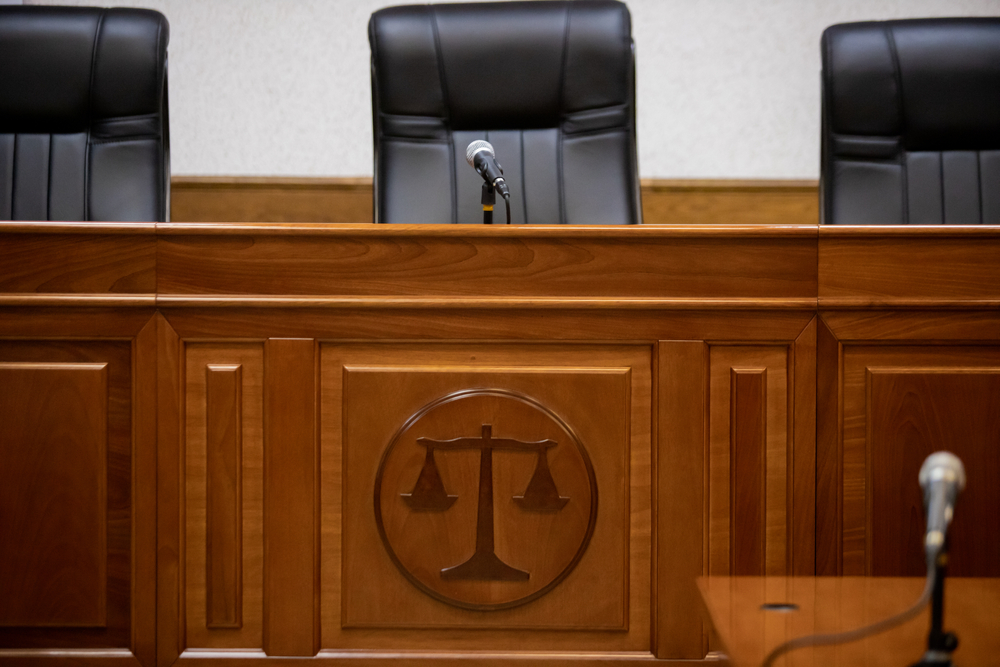While most people are familiar with jury trials from what they may have seen on television or in the movies, you might not be aware that a trial can also be held without a jury. A bench trial is tried by a judge only, who is the final decision-maker and determines the outcome of the case. Unlike in a jury trial, where the jurors typically know nothing about the case before the trial, a judge’s impressions of the case have been shaped from the beginning.
Is a Bench Trial or Jury Trial Better?
Both the bench trial and the jury trial have their pros and cons that come with each type of trial. In business litigation, whether a bench trial or jury trial is better comes down to your objectives. Sometimes, business disputes can involve complex issues that are best left for a judge to evaluate. For instance, a complicated business divorce or nuanced patent issue might be well-suited for a bench trial. For some parties, it’s important to them that they have their day in court, regardless of the outcome.
Bench trials have one major advantage over jury trials in business litigation. With a jury trial, even the most seasoned attorneys can never be certain about how a particular juror might assess evidence or form an opinion. In a bench trial, the judge’s published opinions can be used as a guide when building a case. For example, the judge’s opinions might reveal arguments that they found to be persuasive and identify specific legal authority. Although the facts of every case is different, a judge’s published opinion can provide insight as to how they might rule in a particular matter.
Who Decides Whether to Have a Bench Trial or Jury Trial?
After the parties have completed the discovery process and the case is ready for trial, in New York State Court, the Note of Issue must be filed. While either party can file it, it is typically the plaintiff who does so. Along with the Note of Issue, a Certificate of Readiness for trial must also be filed, which specifies whether a jury or non-trial trial is selected. If neither party demands a jury trial, a jury trial is deemed waived. A defendant must file a demand for a jury trial within 15 days of service of the Note of Issue if the plaintiff did not request one. Otherwise, the court will schedule the matter for a bench trial.
In business litigation, the terms of the contract may contain a provision regarding whether a trial by jury has been waived. The contract may also specify the forum and jurisdiction in which the case must be heard. Notably, a contractual jury waiver is not the same as an arbitration clause which waives a jury trial altogether in the event that a dispute should arise.
Contact a Knowledgeable New York Business Litigation Attorney
When it comes to business litigation, there is a lot at stake. A skilled business law attorney can help ensure your legal rights and financial interests are safeguarded. Brinen & Associates is dedicated to providing relentless representation in the courtroom to business owners for a wide variety of disputes. Call (212) 330-8151 or send us a message to learn more about how we can help.
